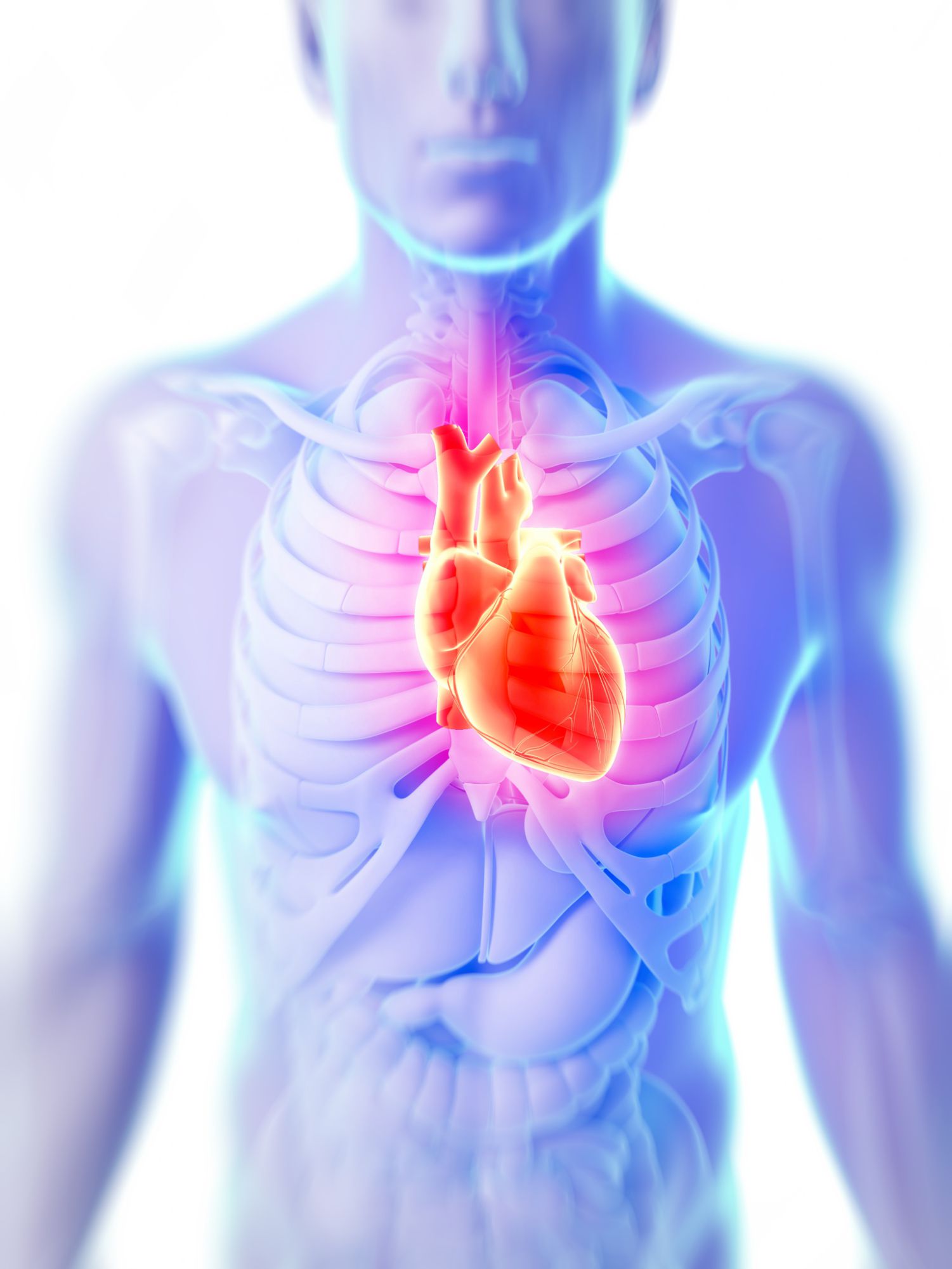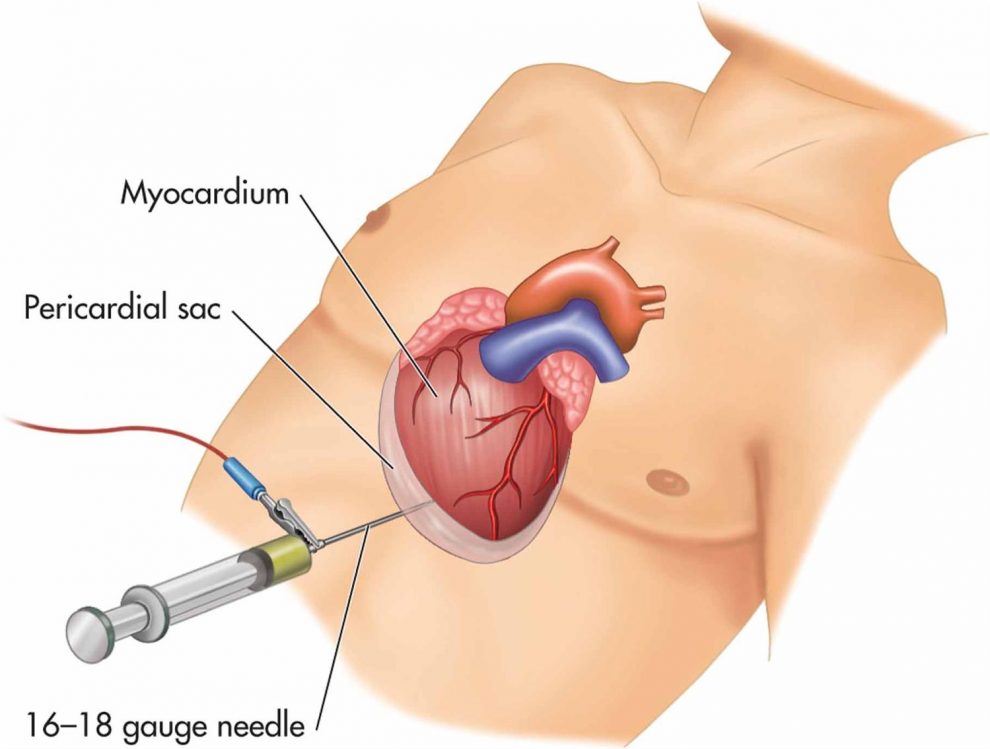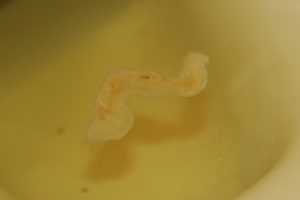According to Cardiac tamponade definition, it is a disease which is characterized by acute pressure on heart due to the accumulation of blood or any fluid in the sacs encapsulating heart. It is a serious medical condition, sometimes the pressure is too intense due to cardiac effusion that ventricles fail to expand properly and heart fails to function normally. Long term effect of the disease is failure of heart to pump the blood across certain body parts and under acute conditions the disease can lead to failure of an organ, septic shock or death. In this article we will study the causes, symptoms and treatment of cardiac tamponade on the basis of Cardiac tamponade pathophysiology.
Contents
What is Cardiac Tamponade?
Heart is a delicate organ; it is protected by a tough layer known as pericardium. Cardiac tamponade is a condition where blood or fluids get filled in between the protective layers of heart (due to some reasons). As this happens, the liquid exert pressure on heart and result in improper ventricular expansion. As this happens, heart fails to supply blood efficiently to certain parts of the body. Under acute conditions, cardiac tamponade can result in organ failure and septic shocks leading to death.
Cardiac Tamponade Causes:
Pericardium is the protective layer of heart which prevents heart from mechanical injuries. It is a thin and double walled sac around the heart with a little cavity. Sometimes, the accumulation of blood or other body fluids in this cavity can result in acute stress on heart. The possible causes of cardiac tamponade are mentioned below:
- A deep stabbing wound or a bullet.
- Traumatic injury caused by car accident
- Sometimes cardiac catheterization, pacemaker insertion or angiography can result in some accidental perforation of pericardium which can result in cardiac tamponade.
- Breast or lung cancer which sometimes penetrates to pericardial sacs.
- During the central line placements, sometimes punctures are made which are like catheter to administer medicines.
- Inflammation of pericardium known as Pericarditis
- A sudden rupturing of aortic aneurysm.
- Exposure to radiations for a prolonged time especially if chest area is exposed to such harmful rays
- Hypothyroidism which is linked directly to the likelihood of cardiac diseases
- Kidney failure or heart attack etc.
- A condition where the body’s immune system attacks the healthy tissues mistakenly known as lupus is also one of the causes of cardiac tamponade.

Cardiac Tamponade Symptoms:
Person suffering from cardiac tamponade exhibits some characteristic symptoms such as:
- Cardiac tamponade and low blood pressure and weakness are also related closely
- Feeling of restlessness and acute anxiety
- One of the Cardiac tamponade complications include Persistent pain in chest area, a pain radiates to other body parts such as neck, shoulder and back
- Difficulty in breathing particularly experiencing pain while deep breathing
- Faster rate of breathing
- Discomfort in standing and feeling eased on sitting
- Fainting, vertigo, dizziness and loss of consciousness
Cardiac Tamponade Diagnosis:
There are some very prominent symptoms which make doctors easy to diagnose the condition. These symptoms are also known as Cardiac tamponade triade, Cardiac tamponade classic signs are mentioned below:
- Weak pulse accompanied with low blood pressure due to the decreased ability of heart to pump the blood across the body.
- Since veins get tough time in bringing the blood back to heart, there is an extension inside the neck vein
- Muffled sound in heart along with a rapid heartbeat which is basically as a result of fluid buildup around pericardium and is considered generally as a Cardiac tamponade sound.
In most of the cases your health care provider will ask further tests to confirm the diagnosis. Cardiac tamponade ECG (heart ultrasound) is generally taken which helps in the detection of ventricular collapse and distended pericardium. The x-rays of chest are taken as well and in case of this disease heart appears enlarged and globe like. If your doctor is still not sure about the disease some other tests are recommended to ensure the correct diagnosis before any prompt medical treatment is given. These additional tests are:
- CT scan of thoracic area to find out the accumulation of fluids in chest and changes in the structure and appearance of heart.
- Monitoring of blood flow through heart with the help of magnetic resonance angiogram.
- Assessment of heart beat which is done with the help of electro-cardiogram.
Cardiac Tamponade Treatment:
Once the disease is diagnosed, patient is immediately hospitalized to keep a check. There are two main aims for the treatment of this condition, to relieve pressure on heart to provide immediate relief to a person, the medical treatment of cardiac tamponade and constrictive Pericarditis. Initially, doctors will provide treatment to make a person stable. Afterwards a fluid is taken from the pericardial sac with a help of a needle and the mechanism is known as pericardiocentesis. Some other invasive processes are often needed such as thoracotomy which helps to drain blood and removal of clots in the wounds if any during Cardiac tamponade surgery. Sometimes, to reduce pressure on cardiac muscle a part of pericardium is also surgically removed. Patients are also given some essential fluids, medicines and oxygen to increase the supply of blood. As the patient is stable and tamponade is under control some more tests are performed in order to find out the root cause of this disease.
-
Bottom Line:
Pericardium is the protective covering which supports and cushions the heart and prevents it from mechanical shocks. Cardiac tamponade features a condition which is caused by the accumulation of fluids or blood in a cavity between heart and pericardium. The condition results in acute pressure on heart accompanied by ventricular failure to pump the blood across the body. Cardiac tamponade is a serious condition and immediate consultation with doctor and hospitalization is needed.
Read this Article : Meloxicam 15 mg Uses, Side Effects, Warnings










